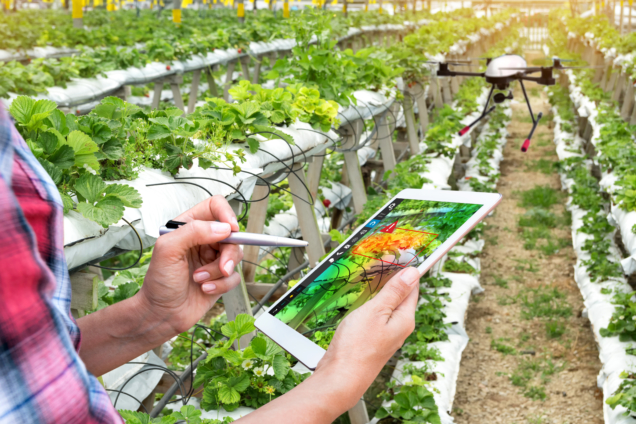
International Symposium on Agric urges African governments to embrace plant biotechnology
The International Symposium on Agricultural Transformation and Biotech Crops in Africa (ISATBCA) is urging African governments to embrace plant biotechnology, including GMO technology and genome editing, to advance scientific frontiers in the fight against food insecurity.
According to a communique issued at the end of the symposium which was held at the West Africa Centre for Crop Improvement (WACCI) – University of Ghana in Accra, collaborative research and discovery in the biotechnology space are essential to unlock new possibilities in the fight against hunger.
The 10-point communique signed by Eric Yirenkyi Danquah, PhD, Professor & Founding Director of WACCI, and Joseph Opoku Gakpo, country lead of Alliance for Science Ghana, observed that Africa’s food insecurity situation surpasses that of all other continents and requires new tools to help deal with it.
The communique called on African governments to prioritise the creation of an enabling environment for the deployment of agricultural biotechnology to address Africa’s food insecurity situation.
The symposium brought together over 100 scientists from 20 countries across Africa, Asia, Australia, Europe, Latin America, and the USA.
With 25 main speakers delivering in-person presentations, the event addressed the need for expanded farmer access to crops produced using New Breeding Techniques (NBTs).
Participants also discussed the deployment and impact of genetically modified organism (GMO) technology in Africa as well as the untapped potential of genome editing in achieving food self-sufficiency in Africa.
The symposium, now established as an annual gathering also urged African governments to demonstrate political support for biotechnology by addressing challenges related to limited human resources and insufficient investments hindering its deployment and adoption.
“Governments must allocate sufficient resources to academic institutions that train plant breeders and biotechnologists to build human capacity and provide them with the necessary resources so they can create made-in-Africa biotech crops for the benefit of the populace,” the communique said.
It said governments should increase investments in agricultural biotechnology projects as a commitment to addressing food insecurity.
Currently, most biotech crop projects rely on donor funding, and efforts should be made to reverse this dependence, the communique said.
The communique, themed “Pathways to achieving food security in Africa,” also urged governments to establish seed systems that ensure the delivery of biotech seeds to farmers and translates research findings into practical solutions.
Traditional plant breeding, agronomy, digitisation, and other approaches should also be recognised as complementary to improving food systems.
The communique said government regulatory agencies should address loopholes in regulatory frameworks for GMOs and genome-edited crops, streamlining and simplifying the processes while maintaining transparency and robustness. Harmonisation of biosafety frameworks continentwide, with the African Union taking the lead in this effort, is needed.
Stakeholders in agricultural biotech should focus not only on traits that directly benefit farmers, such as herbicide tolerance and pest resistance but also on consumer-oriented traits like biofortification, improved taste, and delayed ripening.
Research and development efforts in deploying biotech should adopt an interdisciplinary approach, considering political, sociocultural, legal, ethical, environmental, and economic factors throughout the entire process from pre-deployment to post-deployment.
The symposium recommended that stakeholders in agricultural biotech initiatives should foster public-private partnerships to ensure self–sustainability and the adoption of efficient business operating models for project implementation.
Also, all stakeholders must address long-term public misinformation and disinformation campaigns about agricultural biotechnology. The scientific community should proactively educate and inform the public about the benefits of biotech crops.
The communique said by implementing these recommendations, Africa can make significant progress toward achieving food security and sustainable agricultural transformation through the responsible use of biotechnology.


